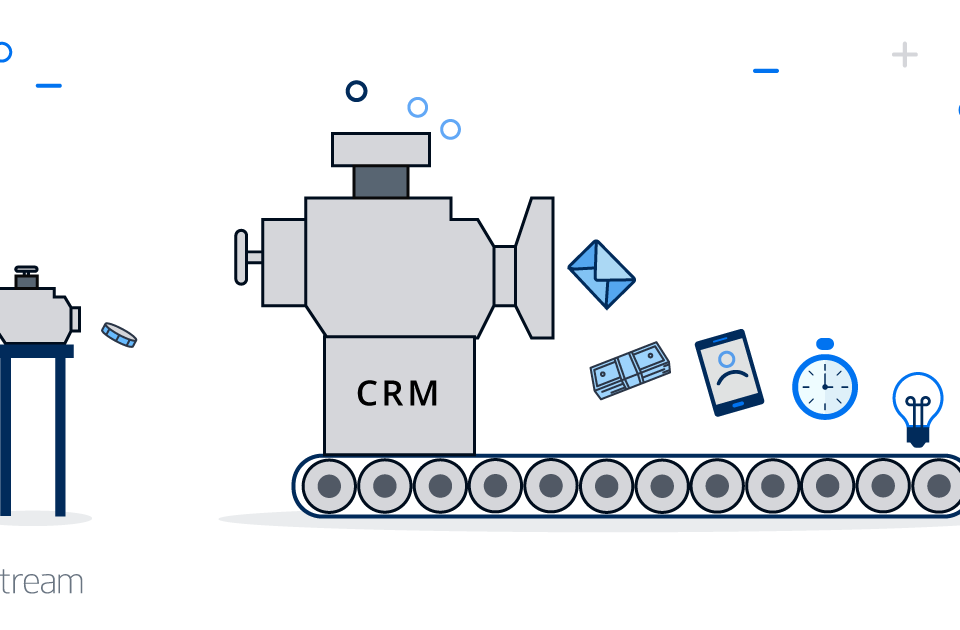NGOs don’t belong to commercial sector, which means that their goal is not set on material gains – however it doesn’t mean that they cannot make any profits.
In this case all of excess turnover is used as an investment in organisation’s activity. These activities are specifically defined in the status. As part of third sector organisations we can differentiate such profiles:
- social
- charity (helping specific group of people or goal)
- voluntary (when it’s based on the work of volunteers)
- public utility (when it’s focused on activities from public help, education or health service)
They can assume a form of foundation, society, association, self-help group, or federation. The essence of NGOs is their functioning in terms of a specific structure, having formal entity, and at the same time staying independent from public authorities. This type of institutions are sovereign, which is tied with more responsibility.
It is common knowledge that NGOs are bases on their donor’s help. The resources which are obtained this way have to be properly catalogued – to efficiently manage the budget of the foundation, one has to use adequate tools. One of the most practical solutions is easy but well-developed CRM system. It can help to assemble full database of every contributor, control both the amount and dates of incoming donations. In addition, every income can be put into precise category, which will make spending more efficient.
Investing in CRM system and its professional implementation, it is a good idea to choose an option which will best fitted for our organisation. In order to do this, you have to precisely evaluate the profile of activity and set priorities – these are two elements which are the most important.
CRM – assistance in achieving goals, also in non-profit organisations.
Building relationships with supporters of the organisation is a key element of its everyday functioning. Achieving set goals depends on the number of voluntary donors, sponsors and helpers. Such an expanded database needs to be coordinated and organised. CRM system have noticeably more complex usage than a classic data base. Gathered contacts can be grouped, described with the transaction’s history, or carried out negotiations, and future realisations with schedule. CRM can also facilitate communication within the organisation itself. Coordination of volunteers’ work with proper schedule is one of its useful options. Another important possibility is integration of the system with social media – this will help in more detailed data gathering and in building image of the organisation. On-line visibility has a crucial meaning for every NGO. Similarly to commercial companies, non-profit organisations (no matter what their profile is) has to use marketing strategies in order to gain potential investors.
It is incredibly important to keep databases organised and regularly updated. This way it’s easier to get credible information about organisation’s activity, it’s resources and purpose. Regularly checked history of communication with partners has an important purpose – it helps with negotiations, obtaining new funds, dividing donors into targeted groups (which facilitates communication). Consistent database, accessible to all of the employees, reduces the costs of logistic manoeuvres which would appear without the help of CRM.
This means that CRM system is a solution, which helps non-profit organisations to reach the maximum potential and use collected funds to achieve their goals.





